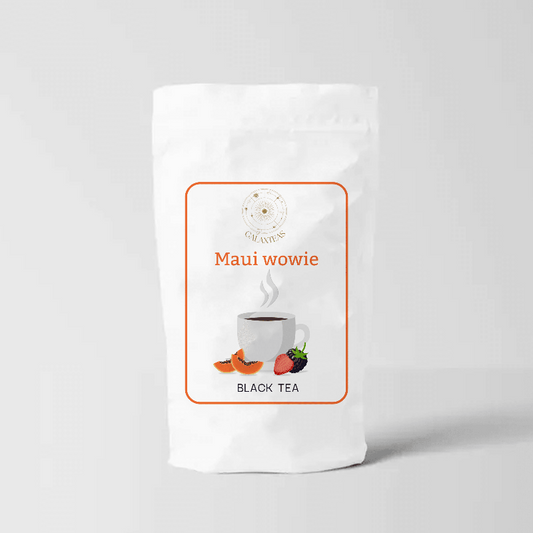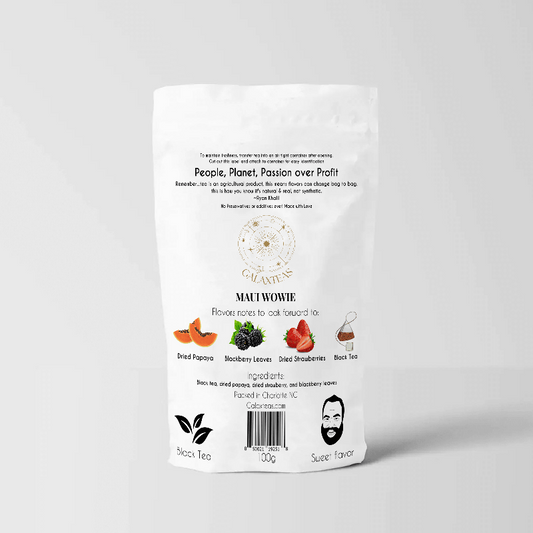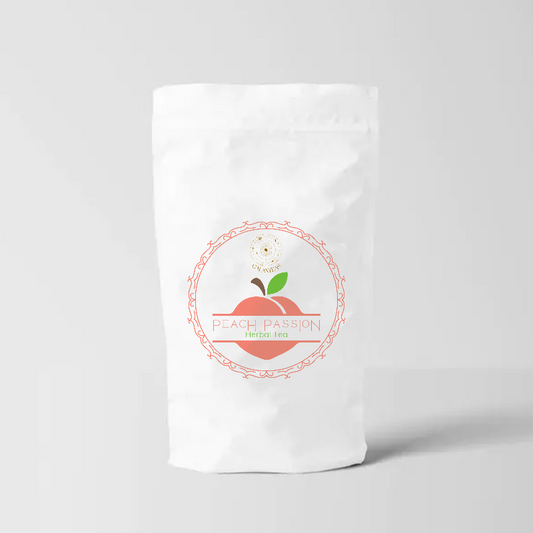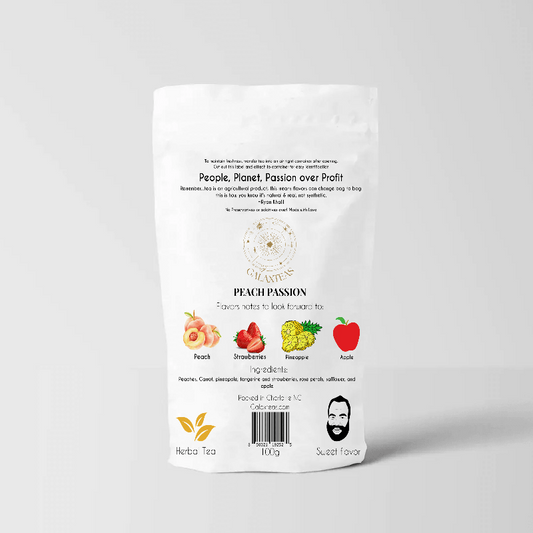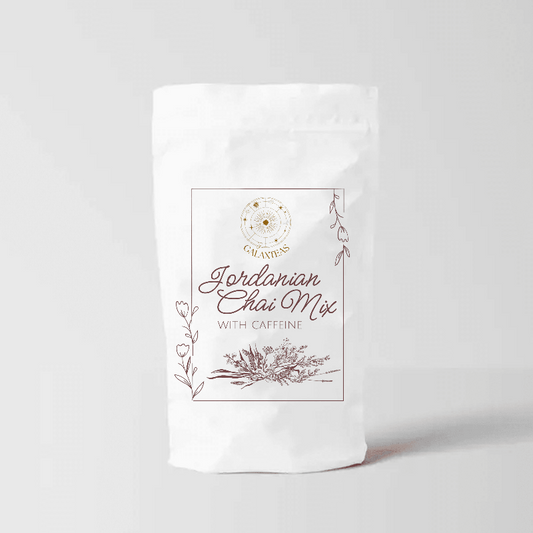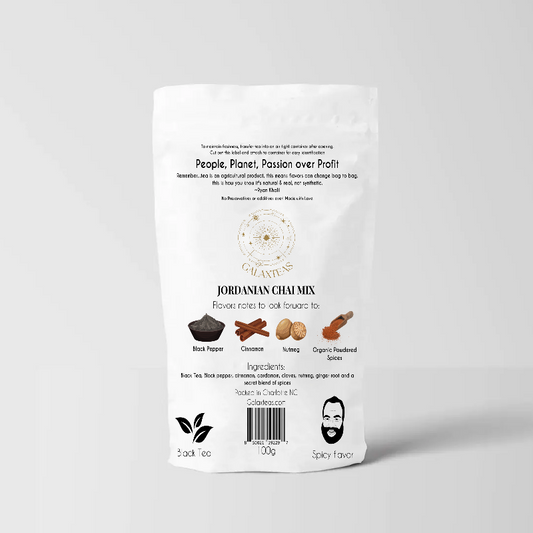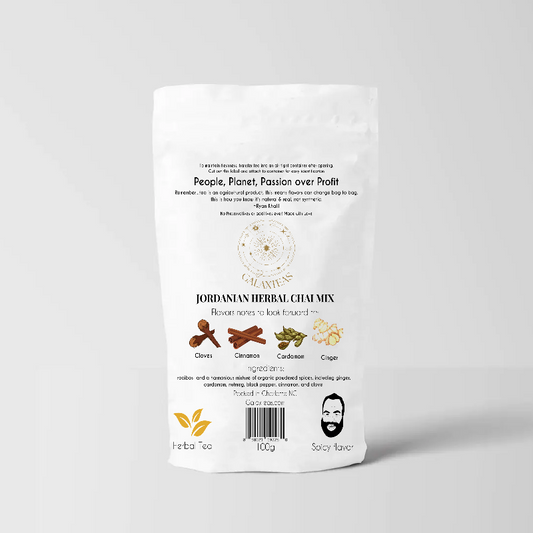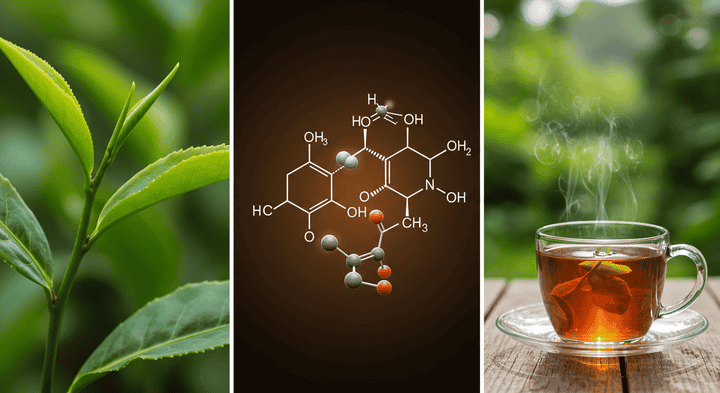The Science of Antioxidants and Polyphenols in Tea
Related Product
Subscribe
Table of Contents
Tea is cherished not only for its delightful flavors but also for its health benefits. Along with numerous compounds, tea also contains antioxidants and polyphenols. These stand out for their potential to promote health and well-being. Let’s talk about the science behind these powerful compounds, their health benefits, and how you can incorporate tea into your daily routine for optimal health.
Understanding Antioxidants and Polyphenols in Tea
Antioxidants and polyphenols are vital compounds found in various foods, particularly in plant-based sources like tea. You should know that these have a lot of benefits for the human body and mind. Understanding their functions can help you make informed dietary choices for better well-being. So, here you go:
What Are Antioxidants?
Antioxidants are molecules that help neutralize free radicals in the body. Free radicals are unstable atoms that can cause oxidative stress. These lead to cellular damage and contribute to various chronic diseases, including cancer, heart disease, and neurodegenerative disorders. Antioxidants in tea work by donating electrons to free radicals to stabilize them and prevent further damage.
What Are Polyphenols?
Polyphenols are a category of antioxidants found in a variety of plant-based foods, including fruits, vegetables, and beverages like tea. They are characterized by their chemical structure, which includes multiple phenolic rings. Polyphenols in tea are known for their anti-inflammatory, anti-cancer, and heart-protective properties. They can be further divided into several subclasses, including flavonoids, phenolic acids, and stilbenes.
Tea, particularly green tea, black tea, and oolong tea, is rich in polyphenols, making it an excellent source of antioxidants. The primary polyphenols in tea are catechins, flavonoids, and theaflavins. Each type of tea has a unique profile of these compounds, contributing to its distinct health benefits.
Health Benefits of Antioxidants and Polyphenols in Tea
The health benefits of antioxidants and polyphenols in tea are vast and well-documented. These bioactive compounds support overall wellness by combating oxidative damage, reducing inflammation, and protecting against chronic diseases. Regular tea consumption offers a natural way to boost your body's defenses and vitality. Here is how:
➢ Heart Health
Numerous studies have shown that the consumption of tea, particularly green tea, is associated with a reduced risk of cardiovascular diseases. The polyphenols in tea help lower blood pressure, improve cholesterol levels, and enhance endothelial function. For instance, a meta-analysis published in the American Journal of Clinical Nutrition found that regular tea drinkers had a significantly lower risk of heart disease.
➢ Weight Management
Tea, especially green tea, has been linked to weight loss and management. The catechins in green tea can boost metabolism and increase fat oxidation. A study published in the International Journal of Obesity found that participants who consumed green tea extract experienced greater weight loss compared to those who did not.
➢ Cancer Prevention
The antioxidant properties of polyphenols in tea may help protect against certain types of cancer. Research suggests that the consumption of green tea is associated with a lower risk of breast, prostate, and colorectal cancers. The polyphenols in tea may inhibit tumor growth and reduce inflammation, contributing to their protective effects.
➢ Brain Health
Polyphenols in tea may also play a role in cognitive function and brain health. Studies have shown that regular tea consumption is associated with a reduced risk of neurodegenerative diseases such as Alzheimer's and Parkinson's. The antioxidants in tea may help protect brain cells from oxidative stress and inflammation.
➢ Diabetes Management
Tea consumption has been linked to improved insulin sensitivity and better blood sugar control. A study published in the Journal of Nutrition found that individuals who regularly consumed tea had a lower risk of developing type 2 diabetes. The polyphenols in tea may help regulate glucose metabolism and improve overall metabolic health.
➢ Skin Health
The antioxidants in tea can also benefit skin health. Polyphenols have been shown to protect the skin from UV damage, reduce inflammation, and improve skin elasticity. Topical applications of green tea extract have been found to reduce acne and improve overall skin appearance.
Different Tea Types & Their Antioxidant Profiles
Tea is a powerhouse of antioxidants and polyphenols, with each variety offering distinct health benefits. The level and type of these beneficial compounds vary depending on processing methods, oxidation levels, and plant varieties. Here’s how different teas compare in terms of their antioxidant and polyphenol content.
1. Green Tea (Unoxidized)
The least processed tea, green tea is packed with epigallocatechin gallate (EGCG), making it exceptionally high in catechins. Studies show it may boost metabolism and support heart health while offering strong antioxidative protection against cellular damage.
2. Black Tea (Fully Oxidized)
Through complete oxidation, black tea develops theaflavins and thearubigins - unique antioxidants that give it a robust flavor. While some catechins are lost in processing, these compounds help lower cholesterol and may enhance gut microbiome diversity.
3. Oolong Tea (Partially Oxidized)
Offering the best of both worlds, oolong tea contains both catechins and theaflavins. The partial oxidation (10-70%) creates diverse polyphenols that preliminary research suggests may help regulate blood sugar and support weight management efforts.
4. White Tea (Minimally Processed)
Made from young tea buds, white tea undergoes almost no processing, preserving up to 50% polyphenol content. Its high levels of natural antioxidants contribute to anti-aging benefits and antimicrobial properties, making it one of the most potent varieties.
5. Herbal Teas (Tisanes)
While not from the Camellia sinensis plant, herbal teas like rooibos and hibiscus contain different beneficial compounds. Rooibos offers aspalathin, while hibiscus provides anthocyanins - both supporting cardiovascular health and inflammation reduction without caffeine.
Which Tea Has the Most Antioxidants?
While white and green teas generally retain the highest polyphenol levels due to minimal processing, oolong and black tea offer unique compounds like theaflavins. For caffeine-free options, herbal infusions still provide valuable antioxidants from other plant sources.
To maximize benefits, rotate tea varieties based on your health goals, such as green tea for metabolism, black tea for gut health, or herbal blends for relaxation. Now, let’s talk about the best way to add these teas in your life to maximize the antioxidant and polyphenol benefits.
How to Incorporate Tea into Your Daily Routine?
You can easily enjoy 2-3 cups of tea in your daily routine. How much antioxidants and polyphenols are in it depends on the type such as green, black, or herbal tea. Experiment with different flavors, brew them at the right temperatures, and consider adding lemon or honey for taste.
When it comes to reaping the healing power of tea, the type of tea you choose matters. Consider your preferences, nutrient content, and your caffeine tolerance. Here are some popular options:
- Green Tea: Rich in catechins, green tea is known for its weight management and heart health benefits.
- Black Tea: Contains theaflavins, which may help lower cholesterol and improve gut health.
- Oolong Tea: A partially fermented tea that combines the benefits of green and black tea.
-
Herbal Tea: While not technically tea, herbal infusions like rooibos and hibiscus also contain beneficial antioxidants.
Tea Brewing Tips to Max Antioxidant & Polyphenol Benefits
Want to maximize the health benefits of tea? Follow these science-backed tips to extract the full health potential from every cup while preserving the delicate flavors of your tea.
-
Use Fresh Leaves: Loose leaf tea often contains more antioxidants than tea bags.
- Water Temperature: Different teas require different water temperatures for optimal extraction. For example, green tea is best brewed at around 175°F (80°C), while black tea can be brewed at 212°F (100°C).
- Steeping Time: Avoid over-steeping, as this can lead to bitterness. Generally, steep green tea for 2-3 minutes and black tea for 3-5 minutes.
How Much Tea Can You Have Every Day?
Most health experts recommend consuming 2-3 cups of tea daily to reap its health benefits. This amount provides a good balance of antioxidants and polyphenols without excessive caffeine intake. However, individual tolerance may vary, so it's essential to listen to your body. If you're sensitive to caffeine, consider herbal teas, which are naturally caffeine-free and still offer health benefits.
Does Tea Have Caffeine?
Along with antioxidants and polyphenols, tea contains caffeine too. Its amount varies by type. Generally, black tea has the highest caffeine content, followed by oolong, green, and white teas. Herbal teas, on the other hand, are typically caffeine-free. If you're sensitive to caffeine in tea, go for herbal varieties or decaffeinated options to enjoy tea without the jitters.
Conclusion
Antioxidants and polyphenols in tea leaves offer a myriad of health benefits, from promoting heart health to aiding in weight management and enhancing brain function. By incorporating tea into your daily routine, you can harness the power of these compounds to support your overall well-being. Remember to choose high-quality teas, brew them correctly, and enjoy them regularly for the best results.

